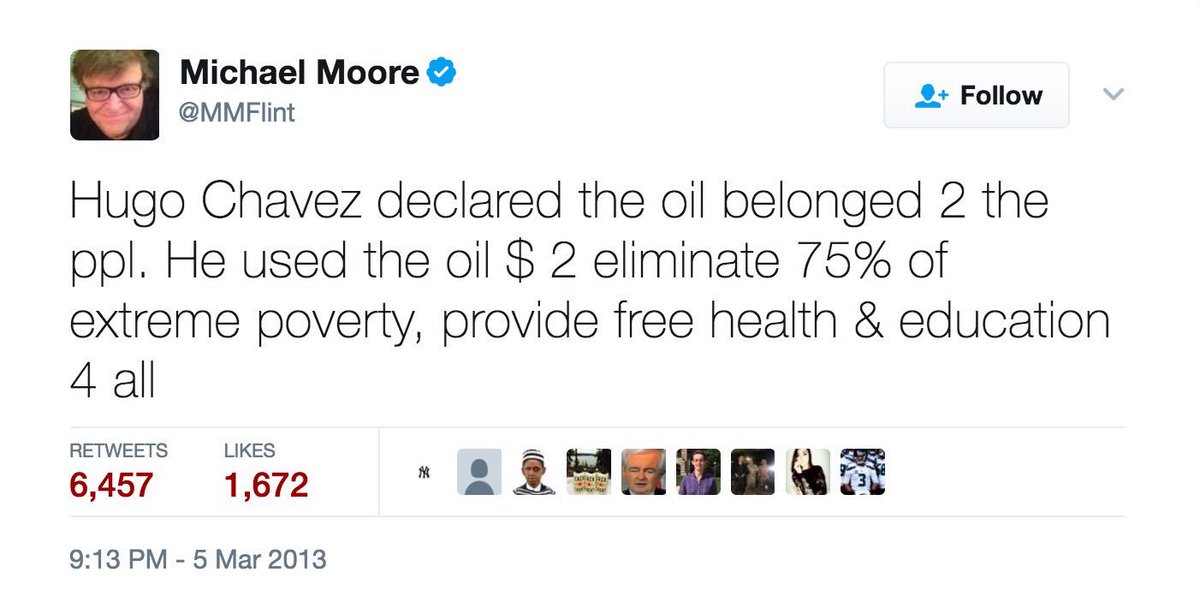Somalia from 1991 to 2006
Somalia, from 1991 to 2006, is cited as a real-world example of a
stateless society and legal system.
[96][97] Since the fall of
Siad Barre's government in January 1991, there had been no central government in Somalia
[98] until the establishment of the
Transitional National Government and its successor the
Transitional Federal Government. While some urban areas such as Mogadishu had private police forces,
[99] many Somalis simply returned to the traditional
clan-based legal structures for local governance and dispute resolution.
[100] Anthropologist
Spencer MacCallum has identified the
rule of law during the period as that of the
Xeer, a customary law indigenous to Somalia. The law permits practices such as safe travel, trade, and marriage, which survives "to a significant degree" throughout Somalia, particularly in rural Somalia where it is "virtually unaffected".
[96] MacCallum credits the Xeer with "Somalia's success without a central government, since it provides an authentic rule of law to support trade and economic development."
[96] In the Xeer, law and crime are defined in terms of
property rights; consequently the
criminal justice system is
compensatory rather than the
punitive system of the majority of
states, and the Xeer is "unequivocal in its opposition" to any form of
taxation. Powell et al. (2006) find that the existence of the common law
dispute resolution system in Somalia makes possible basic economic order.
[101] MacCallum compares the Xeer to the
common law in 6th century Scotland, and notes that there is no monopoly of either
police nor
judicial services,
[96] a condition of
polycentric law.
Nonetheless, many anarcho-capitalists argue that Somalia was not an anarchist society.
[102][103]
Benjamin Powell argued that statelessness led to more order and less chaos than had the previous state under central government,
[104] and economist
Alex Tabarrok claimed that Somalia in its stateless period provided a "unique test of the theory of
anarchy", in some aspects near of that espoused by anarcho-capitalists
David D. Friedman and
Murray Rothbard.
[105]--https://en.wikipedia.org/wiki/Anarcho-capitalism#Somalia_from_1991_to_2006

